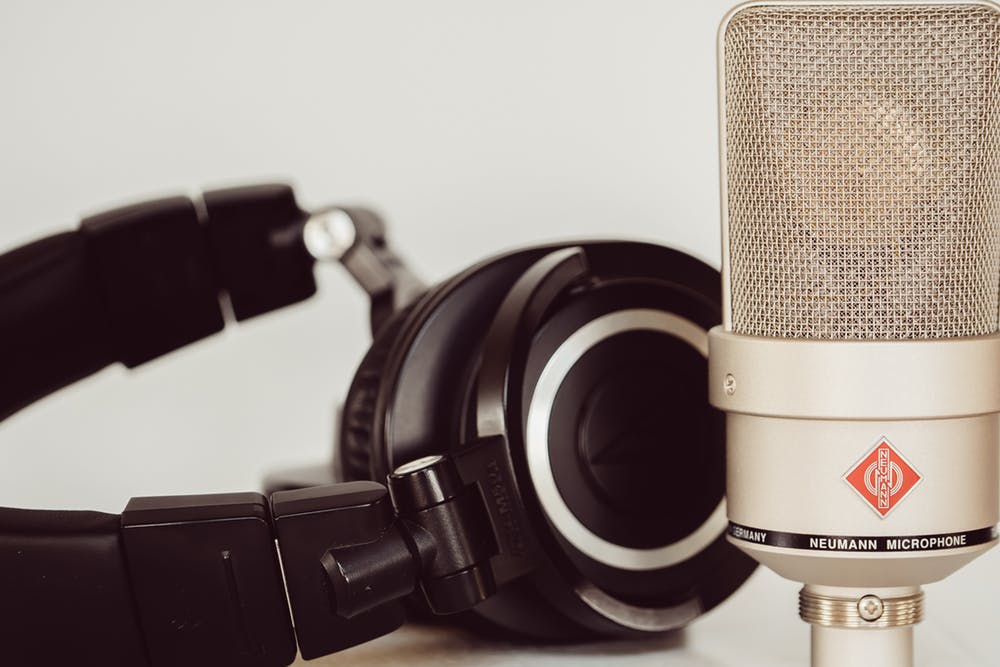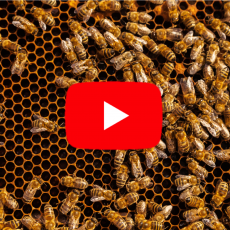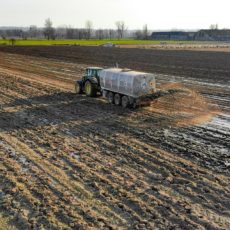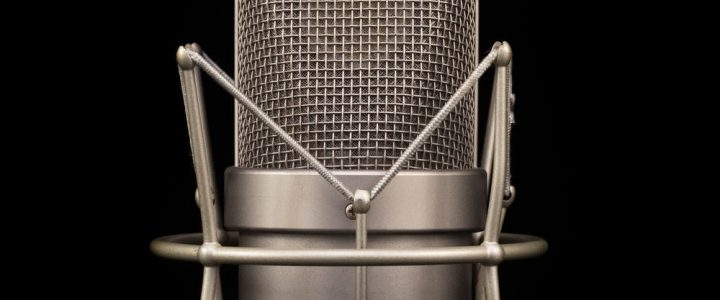
There’s no doubt we’ve entered a strange time on Earth. A global pandemic is sending panic, anxiety, impulsive buying, altruism, science-speak, ignorance, selfishness and selflessness all tumbling out of people’s mouths. Sometimes mixed with a virus.
Thankfully, we’re seeing growing numbers of people self-isolating in response. So what do you do when you’re housebound, maybe for 14 days, maybe all alone?? The internet isn’t the place you want to spend ALL your time, lest your brain starts to actively dissolve. And you truly can watch too much ___________ (insert relevant streaming or subscription TV service here). So what about your ears? Why not deliver them some treats to feast on?
Here’s a list of 10 of our fave informative, interesting sustainability/climate focused podcasts to flow through your auditory canal and tickle your tympanic membrane.
This is a really new podcast, starting in only Dec 2019, but it’s already getting good traction. For good reason! It’s hosted by climate journalist Amy Westervelt and climate justice essayist Mary Annaïse Heglar. They’re not shy about taking on the big climate change issues that appear in the media, and offering a sometimes controversial critique, getting to what they describe as the ‘understory’. They are open with their emotions, and the emotions other people are probably also experiencing, and importantly they’re offering a very inclusive view: indigenous voices, minority voices, global south voices, and of course, the voices of more women. Figuring out how to actually talk about the climate crisis, to enable change and not simply instill fear, is a big challenge, and I’m glad these women are on it!
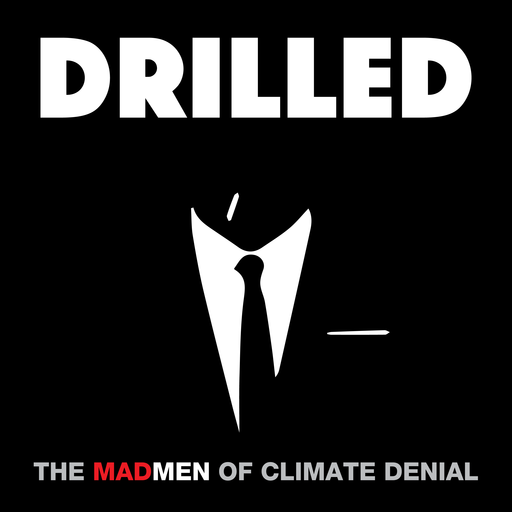
Amy Westervelt is busy! This is another one from her. But it’s vastly different from Hot Take! This is a ‘true crime podcast about climate change’, looking deep into the machine behind climate denial. It’s intense and enlightening. One might not automatically think to hear about climate denial in the quest to fight climate change, but it’s helpful to understand the origins of the stories your climate change denying cousin spouts: enabling you to then dismantle it for him – respectfully. Season 1 looked at Big Oil, closely, with interviews from ex-Exxon scientists; Season 2 followed crab fishermen who not coincidentally became the first successful group to sue big oil; and Season 3 just landed in Jan 2020, and is taking a look into the history of climate change denial propaganda, uncovering the men who controlled what we read and how we thought. I’m at the ready with lots of gasps of shock.
This is a 12 part series which went out in 2015. It’s 5 years old, you say, is it worth a listen? I believe so. It may not have actionable advice or be reporting on recent events, but I thoroughly enjoyed it, and most certainly gleaned new information. It’s very engaging, as it was recorded in real time. It follows Alan Rusbridger, the then Editor-in-Chief of The Guardian UK, and his chosen team of his most trusted journalists, as they report on climate change. Really report on climate change. Which was certainly groundbreaking back in 2015.
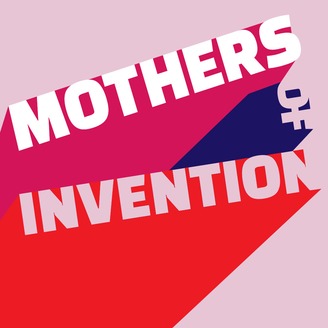
If you love climate change chat, a little bit of humor and an Irish lilt, this is the podcast for you! Hosted by former (and first female!) President of Ireland Mary Robinson and Irish comedian and writer Maeve Higgins, this has an unashamedly ‘girl power’ vibe. The tagline says it all: Climate change is man-made problem, with a feminist solution’. Throughout the series (there are now 3), they explore inventions and interventions from women all over the world in order to get a handle on the climate crisis. For example, did you know that the person to introduce the ban on single use plastic bags in Kenya was a woman? Fabulous! This podcast is uplifting, inspiring and humorous.
Second time podcaster, entrepreneur, designer, CEO, speaker, blogger and TV show host (phew, quite a CV), Josh Dorfman, brings this interesting show about ingenuity and action on climate change. He brings you innovations and solutions, rather than focusing on the problems. He encourages each of us to think of ourselves as The Last Environmentalist, because we are the last chance the planet has to successfully navigate through the climate crisis. His previous successes enables him to draw big names to this podcast, which went to air late 2019, like representatives from Project Drawdown, Bloomberg News and TerraCycle. And he is more than the host asking questions, he actively participates and provides viewpoints.
I think we all understand by now that even if we stopped putting CO2 into the atmosphere today, right now, there are already enough emissions in the atmosphere to mean we will have the effects of climate change for many years – maybe forever. So this podcast is interesting and insightful, and sometimes actionable. The host, Doug Parsons, talks to scientists, policy makers, planners – experts who will help America, and the world, make important decisions to get us through the climate crisis. Although the content is obviously heavy, Doug is a great storyteller, so it’s no wonder this podcast has been on the air for over 3 ½ years.
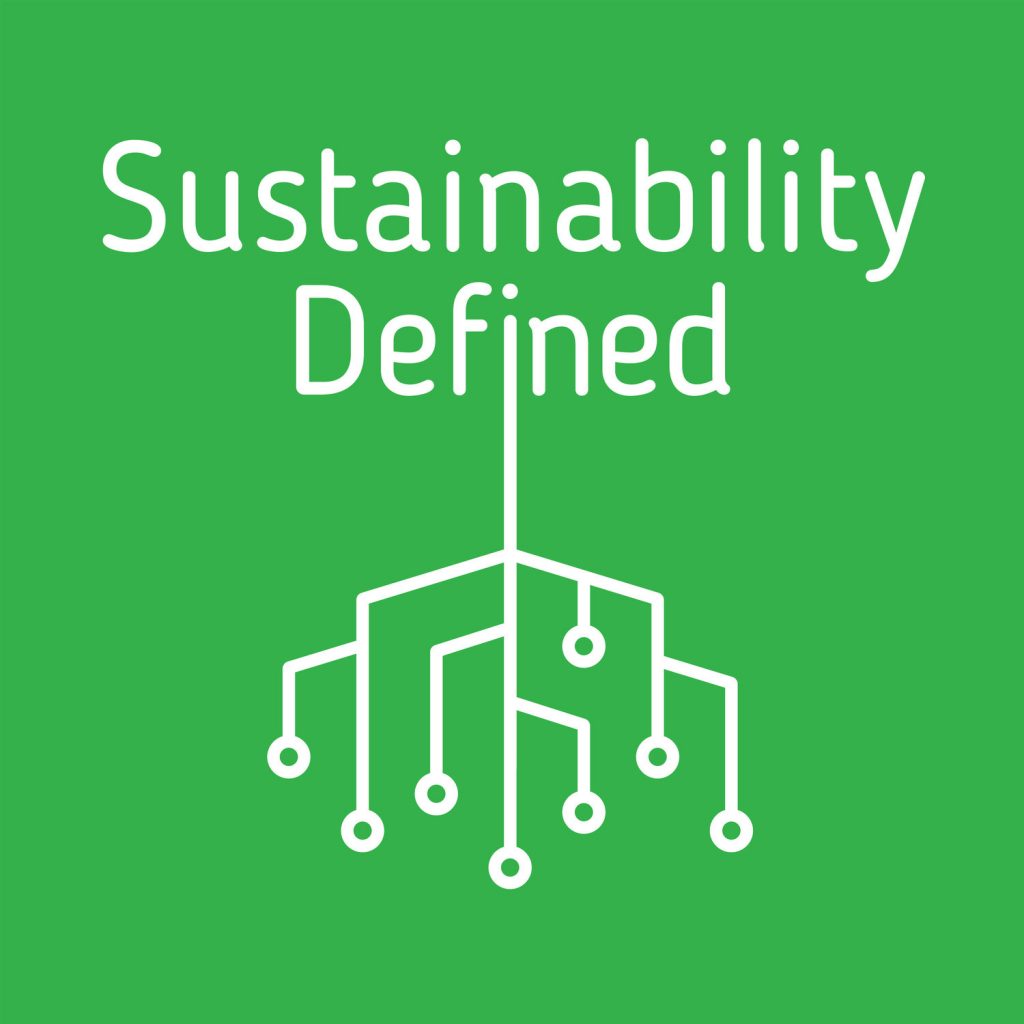
The premise here is simple: to untangle the whole concept of sustainability. The hosts are Jay Siegel and Scott Breen, and they use humor, professional experts and an organizational tree to do it. Each episode tackles one sustainability-centric topic. And I love the way it’s arranged on a literal Excel-based Sustainability Tree so you can easily navigate to the subjects which interest you. The main categories are Energy, Cities, Natural Environment, Policy, Business, Transportation and Social. Under those are then topics like Environmental Journalism, Composting, Building Design and Sustainable Beer (a subject not covered often enough, in my opinion). I’m a fan.
This is a powerful collaboration between The Sustainability Agenda and Project Drawdown, which explores the research and offerings from the best-selling book, Drawdown. Fergal Byrne, a writer and journalist, hosts the show, which goes to air fortnightly, and speaks to key members from Project Drawdown team. These are scientists, educators, researchers, policy makers, activists and business leaders, who have mapped, measured and modelled the 100 most important climate solutions which can actually help us ‘drawdown’ the CO2 in our atmosphere. As is obvious, it has a serious tone, and the episodes are on the long side, but it’s definitely worthwhile.

Another lighthearted approach, which I appreciate. Dave and Ollie are the hosts, and do so in a wonderfully British way. They work for environmental charities, so have skin in the game. They understand the complexity of sustainability, environmental and political topics – alone, let alone at their convergence – and as such aim to break it all down for the layperson – with a healthy dose of joking around. They sometimes do it by themselves and sometimes have special guests, and since they’ve been on air since Jan 2015, they’re obviously doing something right!
The TIL stands for Today I Learned, and is perfectly accurate to describe this MIT run info-fest on climate change related subjects. This is a real beginner’s guide – answering questions you might sometimes be embarrassed to ask. The episodes are nice and bite sized too, mostly around the 10 minute mark. But don’t underestimate it: to say that the host, Laur Hesse Fisher, has a wealth of experience in the field would be an understatement. She has worked for private, public and non-government organizations in 5 countries, working in carbon reporting, waste management, green building and collective intelligence. Now she works in the MIT Environmental Solutions Initiative – so yeah, she knows the subject matter!
We’d love to know if we’ve included your podcast of choice, or if not, tell us what it is and why. A post about communication wouldn’t be complete without some communication with the audience! We sincerely hope everyone is heeding the very latest public and personal health advice (which is constantly evolving), and that you’re safe, comfortable and not yet using your clothing as toilet paper. With a healthy dose of common sense and humanity, we’ll get through this, and the climate, crisis.
